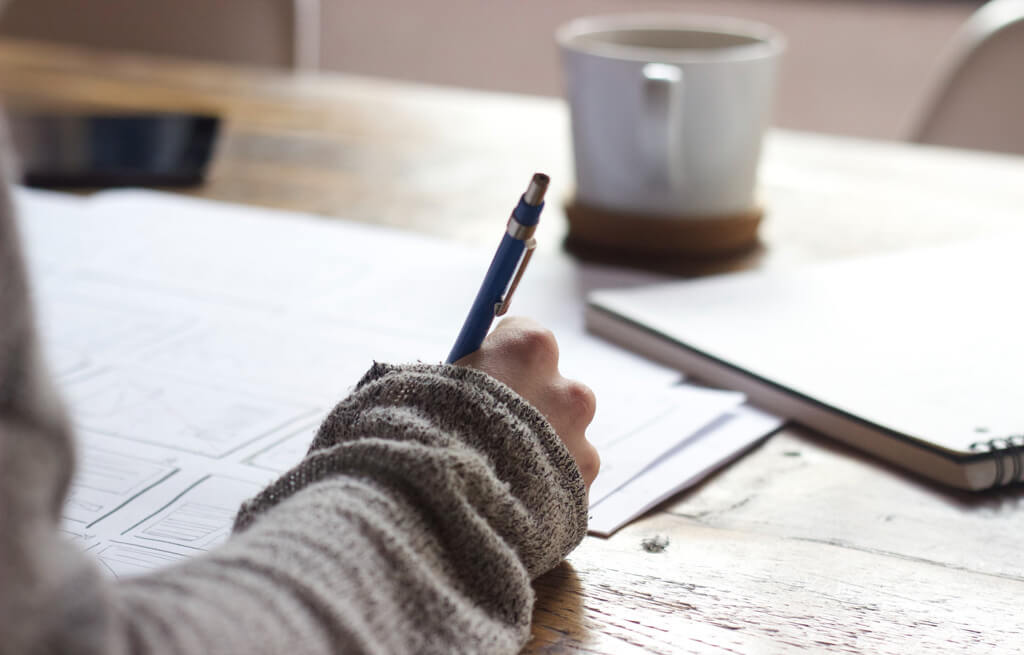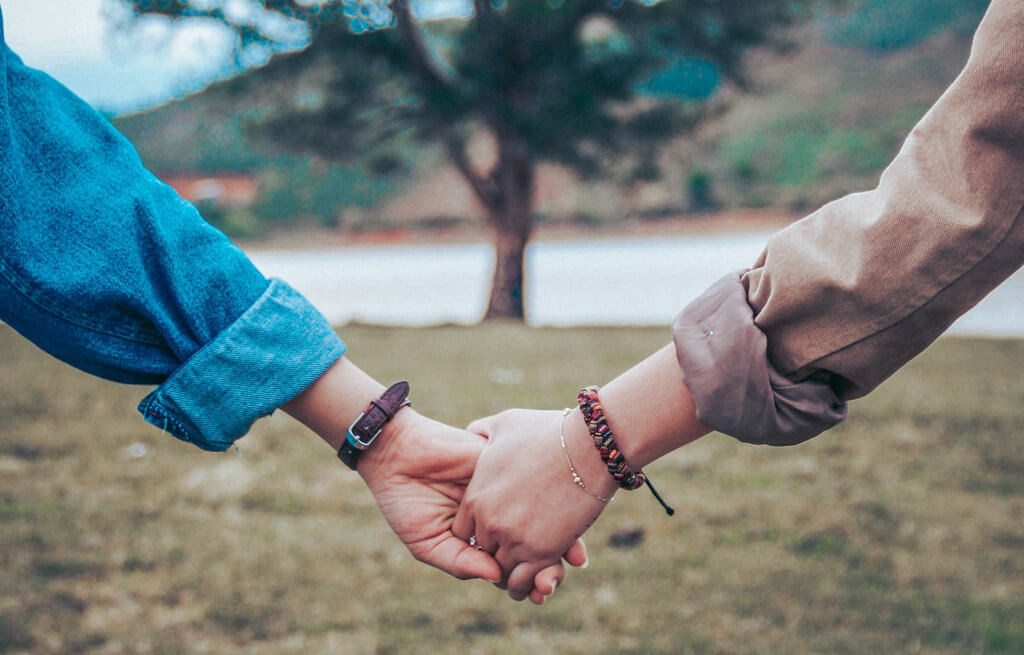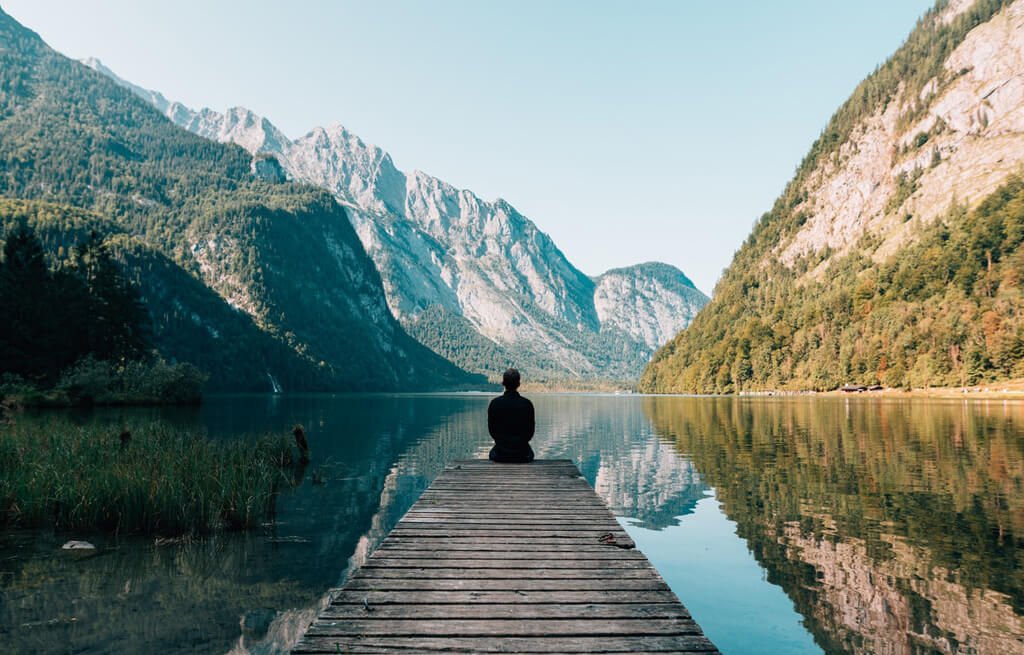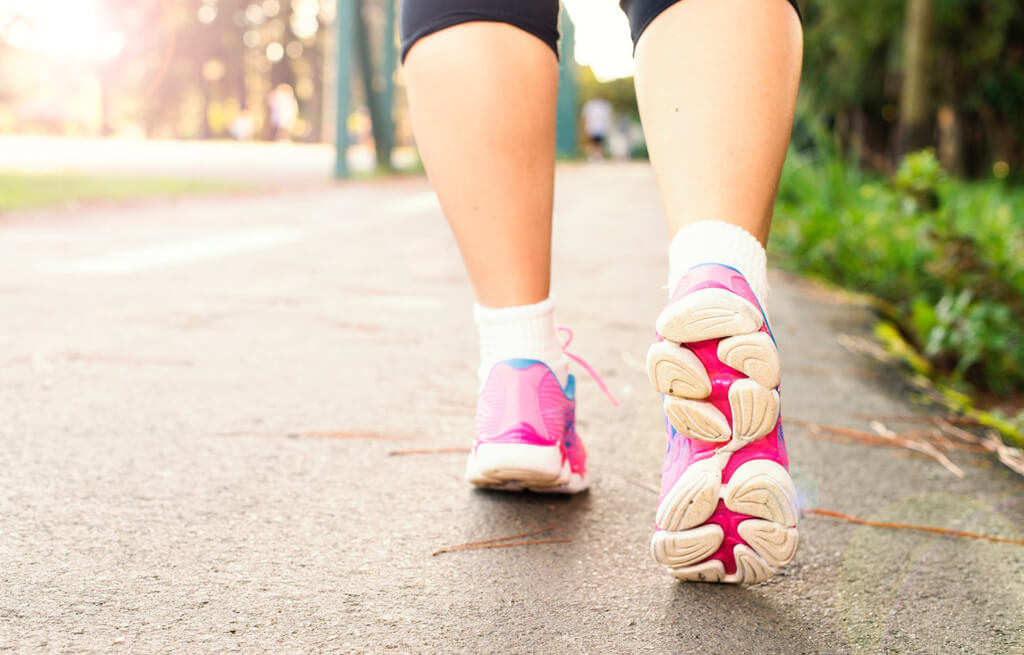
Financial Impact of Cancer Pocket Guide
If you or a loved one are diagnosed with cancer, financial worries may be the last thing on your mind. This pocket guide is designed to help you assess your situation, spot financial pitfalls, and avoid what many health-care providers call “financial toxicity.”
READ MORE
Cancer and Sexual Health Pocket Guide
Your sex life doesn’t have to end when you are diagnosed with cancer. What’s likely, though, is that it will change, just as it changes with other life events. Cancer has physical, mental, and emotional effects on your sex life. It’s important to emotionally prepare for the changes that may occur and eventually adjust to the change that you have experienced because of cancer treatment.
READ MORE
The Pocket Guide to Cancer and Spirituality
Our Pocket Guide to Spirituality and Cancer reveals that while you may feel alone in grappling with spiritual questions, most people with cancer do this.
READ MORE
The Pocket Guide to Nutrition and Cancer
The question, “What should l eat?” is common after a cancer diagnosis. It may be prompted by concern about side effects or the search for a cancer-curing diet.
READ MORE
The Pocket Guide to Cancer Pain
Pain is a common cancer side effect. At least 20 to 50 percent of people with cancer report having pain. Cancer pain can be caused by injury to the nerves, cancer spreading to the bones or other structures in the body, and inflammation.
READ MORE
Movement and Cancer Pocket Guide
Resting to conserve energy may seem like the right thing to do when you have cancer. After all, the body and mind are facing the stresses of diagnosis, treatment, and side effects. In the past, doctors did not generally recommend physical activity for people with cancer. But that has changed. Today, your treatment plan is much more likely to include some form of exercise. Aerobic endurance, strength, and flexibility are important benefits of being physically active during and after treatment. Endorphins released during exercise can reduce pain, while fresh air and solitude can provide a break from feeling like a patient rather than a person.
READ MORE